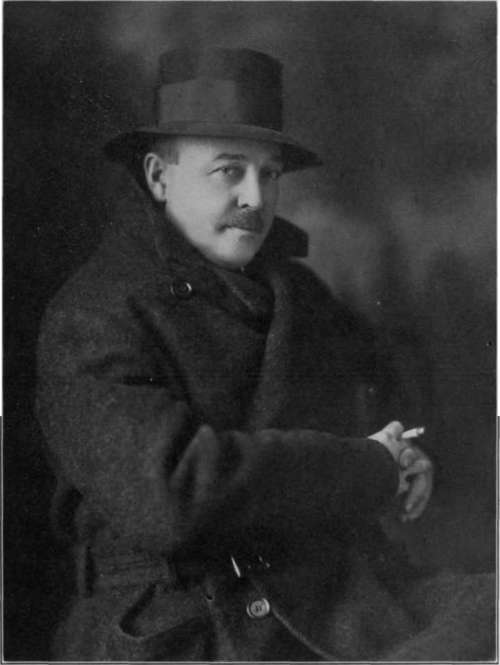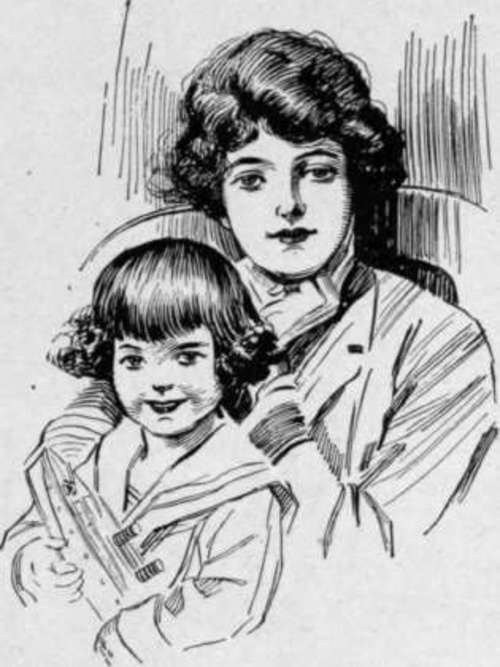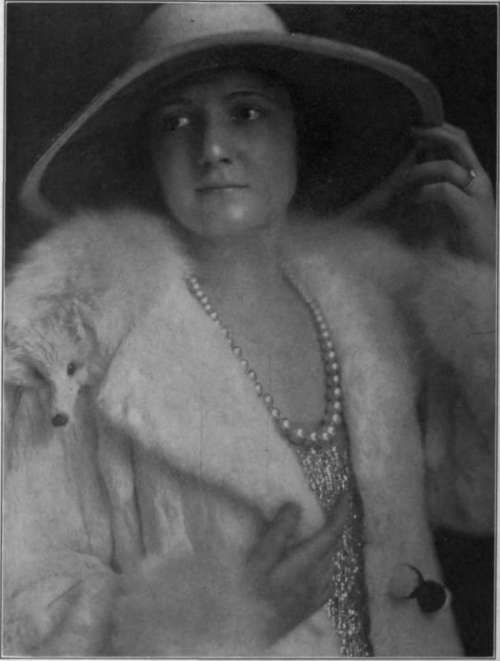Get The Habit
Description
This section is from the "Studio light a magazine of information for the profession 1918" book, by Sara F. T. Price. Also see Amazon: Studio light a magazine of information for the profession 1918.
Get The Habit
A little invention, well.advertised, has made almost every man his own barber. And just as he has been convinced by advertising that he can shave, so is he being convinced, by advertising, that he can save.
The war and advertising are creating a habit of thrift that will hold firmly once it has taken root. We are all of us so earnest in our desire to win (as we surely will) that the wants of the nation need only to be advertised to be quickly filled.
The call of men has made it necessary for us to conserve the help of those left behind and to employ women. The call of money has led us to curtail extravagance and to cultivate thrift, to save as we have never saved before. The call of labor for necessary war work has brought many non-essential industries almost to a standstill. And even when labor is available the call on materials for war work has made the conservation of such materials absolutely essential.
We must, first of all, win the war, and when we know what is essential to that end, we do the obvious thing - throw our hearts and souls into the task.
The big essentials of conservation - money, food, fuel, etc., have been widely advertised. The results have been wonderful, although in some cases, restrictions have been necessary.

ARTURA PRINT FROM EASTMAN PORTRAIT FILM NEGATIVE
By Cornwell - Photographer Dayton, Ohio
The photographer has been fortunate. He may have been inconvenienced occasionally by not receiving shipments of goods promptly, but he must remember that transportation is essential to win the war. He should make one shipment take the place of three or four by anticipating his wants, but should order carefully.
There should be less waste of material, for the duration of the war, at least. There should be fewer spoiled prints and negatives, less chance exposures, greater care in the use of chemicals and a strict accounting of all silver waste. Every piece of glass that it is possible to salvage should be returned to the manufacturer for re-coating. Spoiled negatives should be washed free of chemicals, dried and carefully packed for safe shipment. If carelessly packed and broken in shipment, not only the glass but the transportation as well is a loss.
Everything that is manufactured for your use represents time, labor, material, money and transportation, and all of these are essential to the winning of the war.
Aside from the necessity for conservation, however, the saving that can be made by the photographer who practices thrift will be found decidedly worth while. Waste is an expense. Reduce waste and you not only increase your profit and help win the war, but you go far in insuring yourself against a shortage of materials that would cripple your own business. The government is going to take, and rightfully, whatever is needed for winning the war. By avoiding waste we can have sufficient materials for both the government and business.
DANGER OF SULPHIDE FUMES Plates and papers should never be stored within reach of the fumes of hydrogen sulphide which are given off from the sodium-sulphide re-developer. Where batches of bromide prints are toned almost every day, the cumulative effect of the fumes is enough to ruin a stock of sensitive material in a few weeks. Plates will develop with an iridescent stain, and will show general deterioration and fog. Bromide and gaslight papers will be affected in practically the same way and will produce dirty, flat prints of poor quality. Naturally, the first impulse of the professional is to suspect the keeping quality of his material. No manufacturer can make plates and papers proof against the action of hydrogen sulphide fumes.
When the mail reaches the trenches, the happiest soldier in France is the one with photographs from home.
Have your portrait made to-day.

THE PYRO STUDIO
Line cut No. 257. Price, 50 cents.

EASTMAN PORTRAIT FILM NEGATIVE, ARTURA PRINT
By Jerome Chircosta Cleveland, O.
STUDIO LIGHT INCORPORATING THE ARISTO EAGLE ESTABLISHED 1901 THE ARTURA BULLETIN ESTABLISHED 1906 Vol. 10 DECEMBER 1918 No. 10
Continue to:


